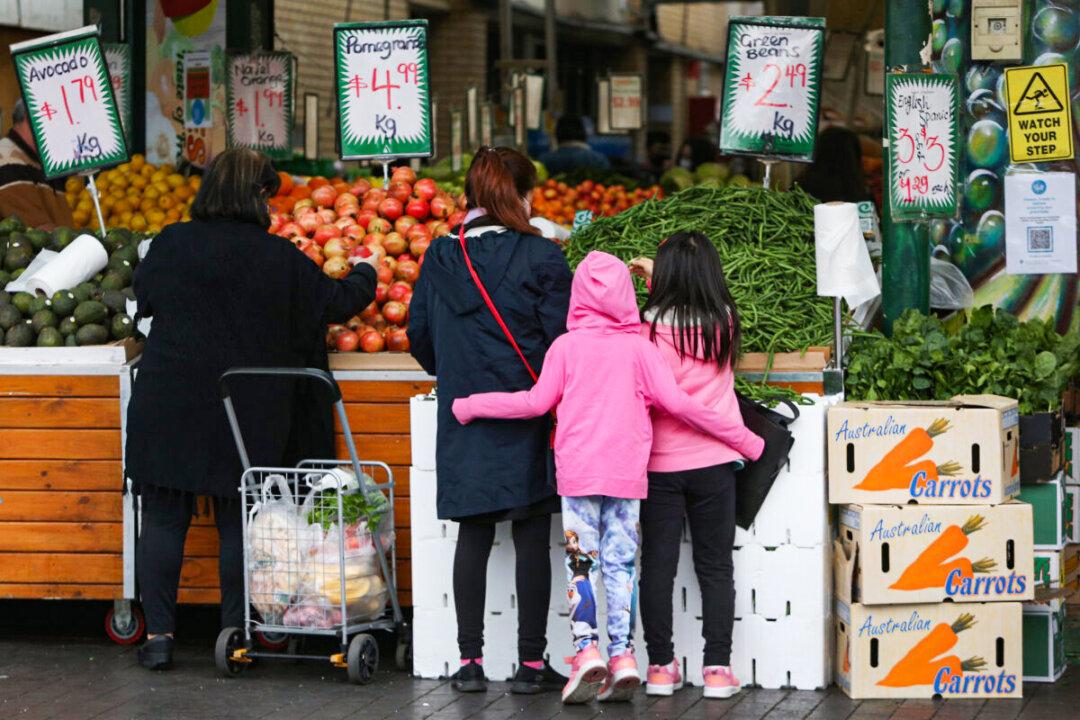The world should ready itself for a possible global food crisis in the coming months amid the fallout of the Russian-Ukrainian conflict, according to a new report (pdf) from agricultural financial advisory Rabobank.
Over the past 20 years, Russia, Belarus, and Ukraine have become major suppliers in global grain and agricultural markets, producing between 20 to 30 percent of a range of primary products, including wheat, corn, barley, canola, sunflower oil, pulses, nitrogen-based fertiliser, and potash.




